Buying an Electric Car in California in 2019
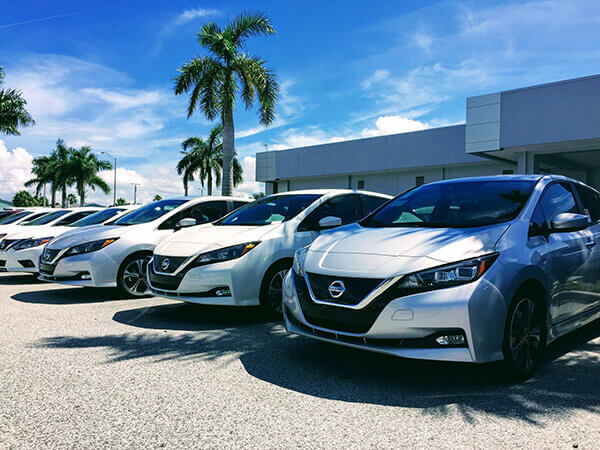
Introduction
There are a lot of reasons to go electric in 2019. Mainly, the number of models have been growing each year. Factor in government incentives and ever-improving battery technology and the market for electric vehicles looks increasingly bright.
EV's provide fuel efficiency and a quieter ride, all the while requiring less maintenance. Also, models purchased this year will have HOV lane privileges until 2023.
The movement has been emboldened further by a rapidly expanding charging infrastructure statewide.
Despite these things, there are many detractors. The main concerns involve convenience and cost. While EV's are cheaper to refuel, charging stations are still sparse in some areas and charging takes significantly longer than a visit to the pump. On top of that, EV's still run a significant premium compared to an analogous gas model.
But if you’re reading this article, chances are you are open to the possibilities of switching sides. In that case, we will provide you with a general overview of your options.
Why Electric?
According to a recent survey, SoCal drivers endure the nation’s most stressful commute at an average of 53.7 minutes. San Francisco residents have the nation’s second-longest commute at 59.2 minutes but are only fifth when it comes to stress (mostly relieved by BART).
The good news is that the range of EV's is improving. Most newer cars can cover well over 100 miles before they need to be recharged.
When purchasing or leasing a popular model such as the Nissan Leaf, you can expect:
- A 150-mile range
- $7500 Federal Tax Credit
- $500 Rebate towards the installation of an L2 charger
- $4500 Rebate from the state
- 10% off car insurance
- Single occupancy privileges in the HOV lane
- Reduced utility rate
- Up to $9,500 cash rebate to replace a current vehicle with a more fuel efficient one
- A state-mandated 10-year/150,000-mile warranty on your car’s battery
Outside of these benefits, you may experience a quieter, smoother ride and fewer trips to your mechanic (no more oil changes and powertrain issues).
In addition to feeling good about helping to lower emissions, you’ll also experience much lower (more than 50%) fuel costs.
Why Gas?
Chances are you currently drive a gas powered car. Depending on its fuel efficiency and condition, it may not make sense to purchase an EV. Electric cars to most are still new-fangled black boxes that cost too much.
Gas cars (GCs) make up literally 99% of the current market. They are the tried and true established form of transportation for the majority of people. This ubiquity has its perks. Parts are easier to come by as they are produced at scale. Your mechanic has years of experience working on your type of car. A pump can be found on nearly every block.
You’re able to walk into a dealership and have a wide selection of every vehicle type. And since they are produced at scale as well, you can expect an attractive sticker price from more practical brands.
What About Hybrids?
Many consider a hybrid to be a compromise before going all electric. Others, however, like the complementary and distributive energetic properties of this type of vehicle.
Take regenerative braking for instance. Typically when applying the brakes, the energy created between the brakes and brake pads due to friction is completely lost. But with regenerative braking, it’s able to capture a significant amount the energy that would otherwise have dissipated. This energy can then be stored and used by the electric motor or other components that help propel and run the car.
A hybrid also means that you’re able to get away with a smaller engine since some energy production happens through the electric motor. They work in tandem in the sense that the motor provides some of the braking and acceleration while the engine takes care of the rest.
There are also plug-in hybrids (PHEVs) that have an all-electric range. Usually, this is around 20 miles. But often, the additional energy is used as supplement much like traditional hybrids. These types of vehicles normally will provide better fuel efficiency but at a higher purchase price.
Depreciation
A legitimate concern with EV's is the longevity of the battery. You can expect a 20% drop off in capacity over five years of use on average. This should be a major factor in determining which vehicle is right for you. Make sure the battery of today won’t disrupt your commute in the future.
You may also have to consider your personal habits while driving. Acceleration, braking, air conditioning, heating, added drag from opening windows, and use of electronics all affect energy depletion and over time possibly lead to quicker battery wear.
Since much newer EVs may seem pricey, it could be worthwhile to check out used ones. Oftentimes they lose value much quicker than gas cars but still have plenty of range for most.
Conclusion
While the EV market is growing, most models still belong to the sedan category or smaller. Electric SUVs are becoming more numerous while trucks and vans still have work to do. Hopefully, the information provided will give you a boost in your car buying journey.

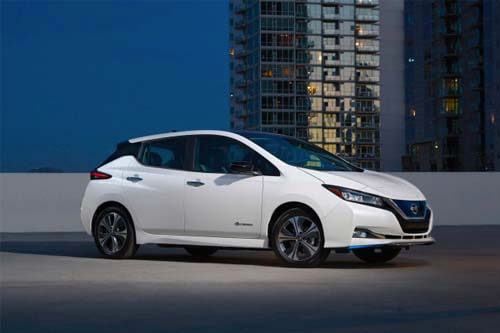
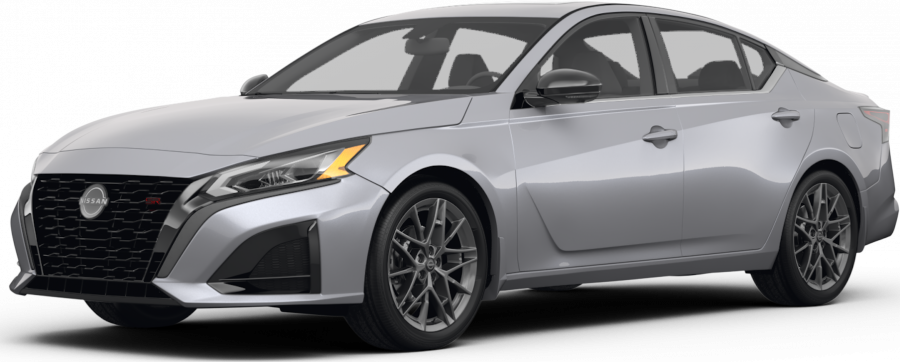
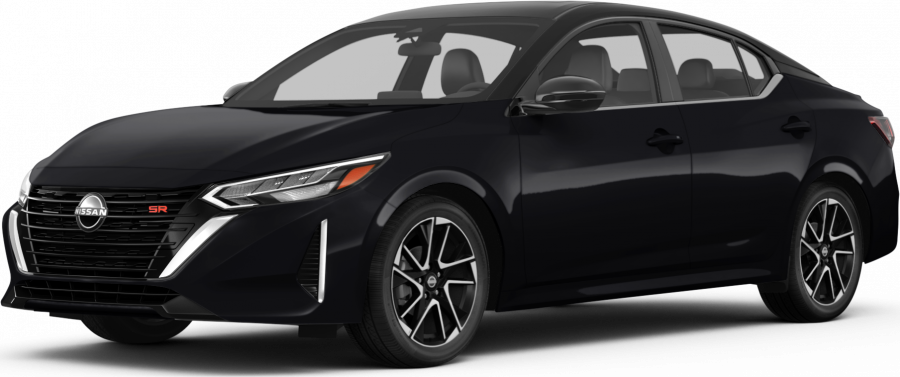
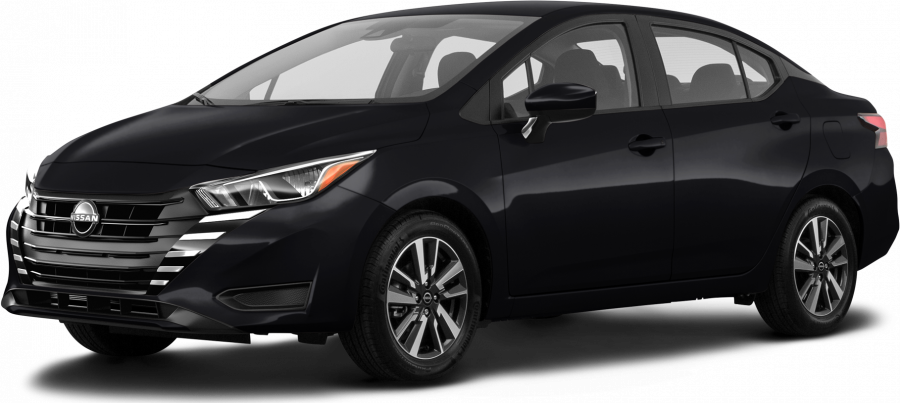

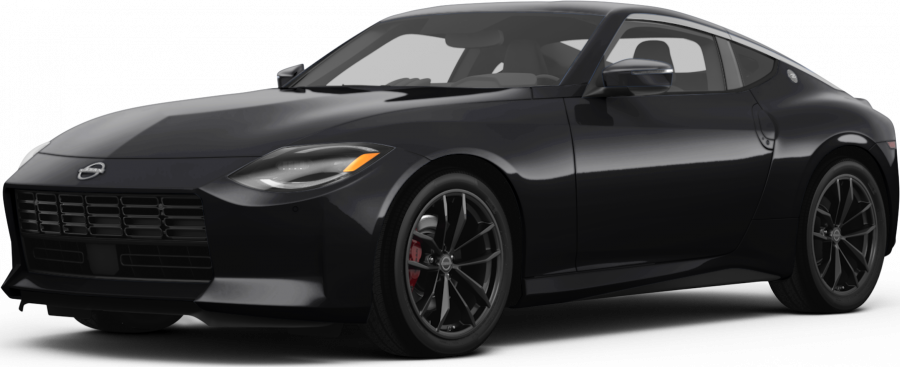

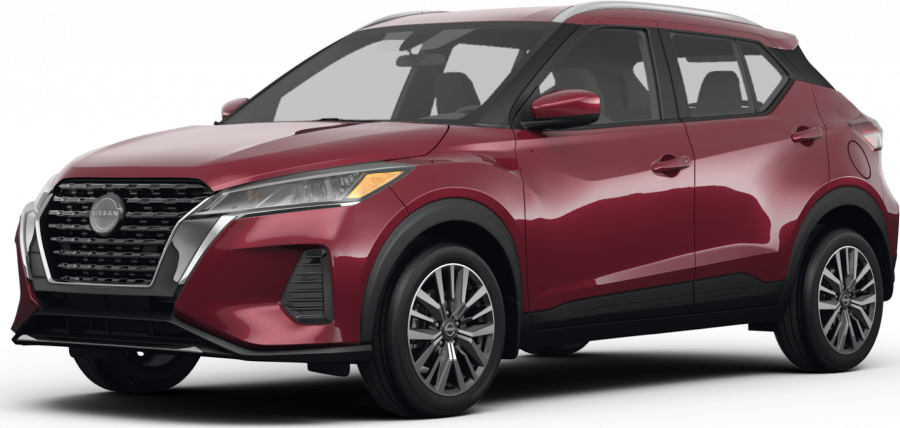

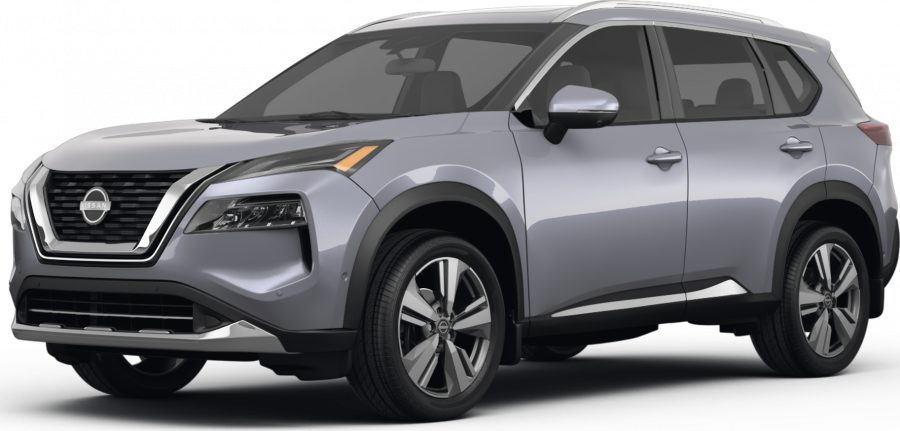
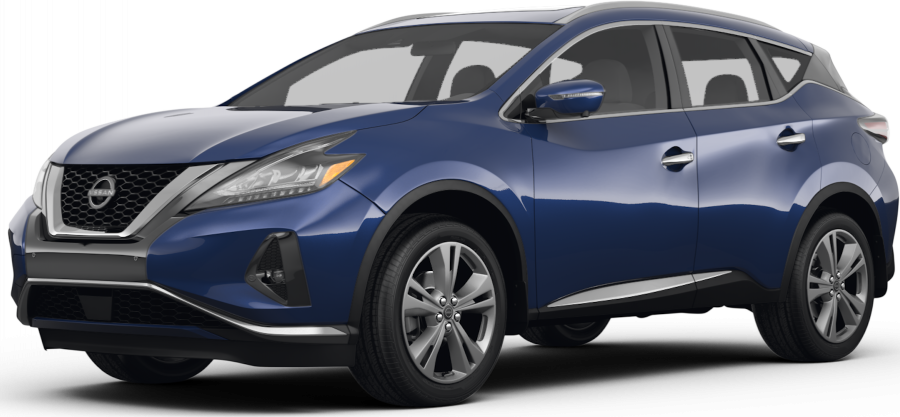
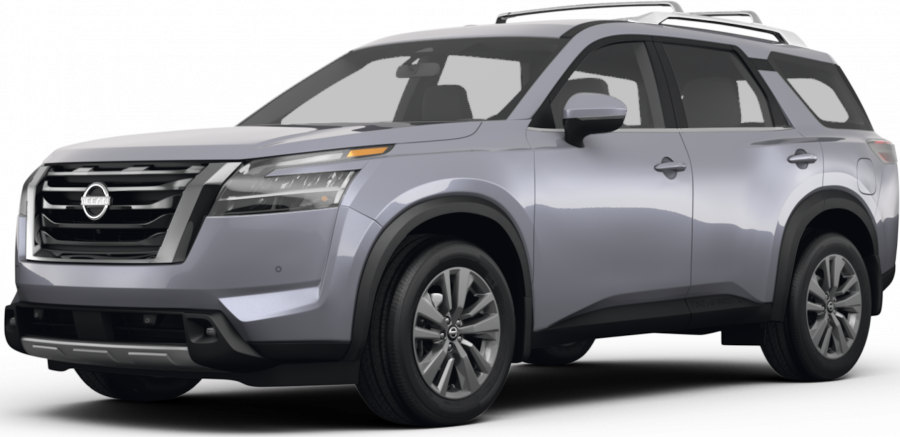




 VIN: 1N4BL4BV1LC180288
VIN: 1N4BL4BV1LC180288